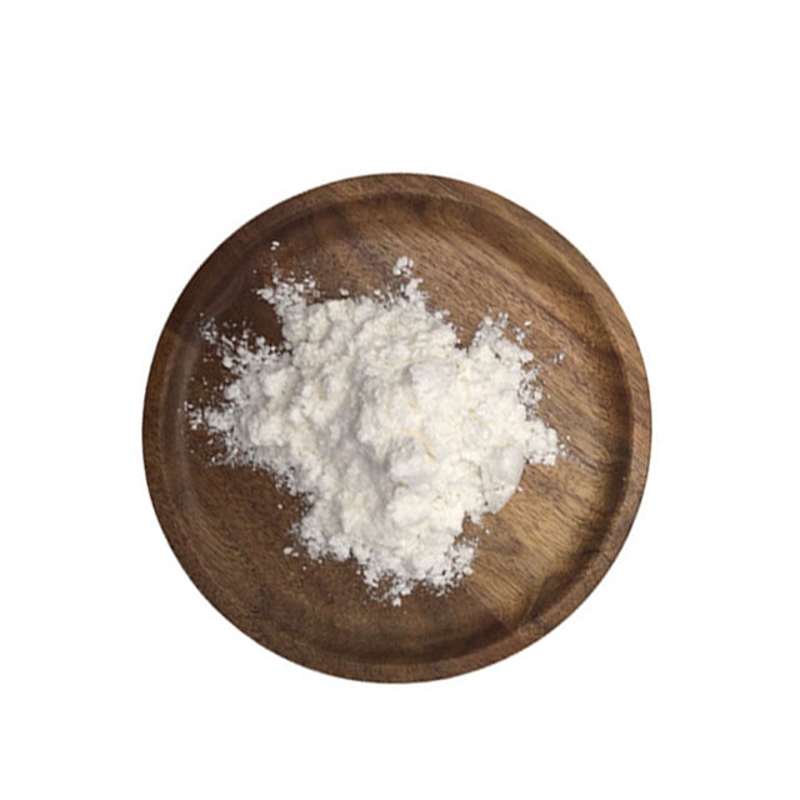iScience: Gut bacteria have an aging clock
-
Last Update: 2020-06-23
-
Source: Internet
-
Author: User
Search more information of high quality chemicals, good prices and reliable suppliers, visit
www.echemi.com
Researchers at Harvard Medical School and other institutions sequenced thousands of gut bacteria genome-wide to develop and validate the microbiome's deep aging clockThe researchers say the results show that host age is an important factor in the dynamics of the gut floraThe paper was recently published in iSciencegut bacteria are the main factors affecting the body'simmunefunction, brain development and activity, central metabolism, obesity and many other physiological processesIt is very important to strengthen the understanding and control of the factors influencing the intestinal florafactors that affect gut flora include birth patterns, diet, physical activity, and ageEspecially in adulthood, under the influence of diet, smoking, drinking and physical activity level, there are great individual differences in the intestinal floraAt present, a number of studies have identified some trends in the intestinal flora associated with the host's ageHowever, these studies are based on local sampling, and the results may not be universalthe new study compiles 13 public studies related to the human gut microbiome to develop aging clocks based on the relative abundance of the microbiomeUsing cross-validation, the researchers trained deep neural networks with more than 1,100 different microbiomes, and the integrated model was tested by independent data sets with an average error of 5.9 to 6.8 years for host age predictionsThe results showed that there was a pattern of microbiome succession associated with age increase in adult populationresearchers say the results could train data from other platforms and create similar models to explore the effects of specific bacterial species on human aging in a more controlled environmentThey also suggest ways to discover microbes with the potential to accelerate or slow aging "We are pleased to have developed a new microbiome aging clock that has pioneered the industry We hope to use the results in longevity studies in the future to track the effects of different interventions and diets on intestinal age predictions Alex Zhavoronkov of Insilico Medicine, which was involved in the study, said
This article is an English version of an article which is originally in the Chinese language on echemi.com and is provided for information purposes only.
This website makes no representation or warranty of any kind, either expressed or implied, as to the accuracy, completeness ownership or reliability of
the article or any translations thereof. If you have any concerns or complaints relating to the article, please send an email, providing a detailed
description of the concern or complaint, to
service@echemi.com. A staff member will contact you within 5 working days. Once verified, infringing content
will be removed immediately.







